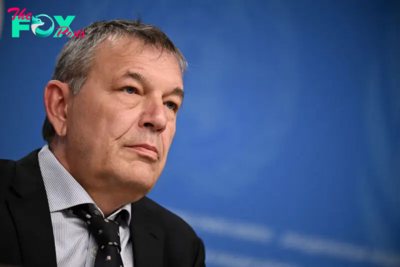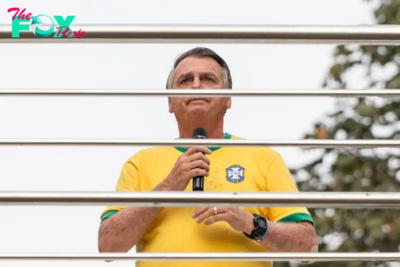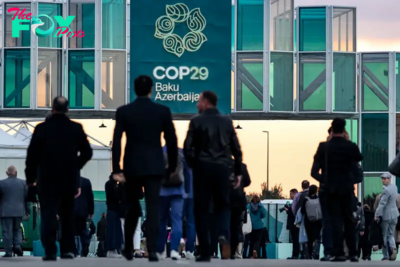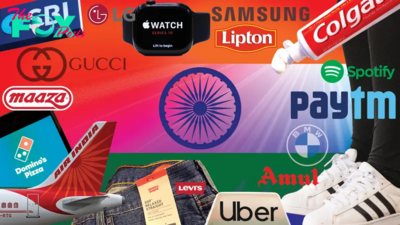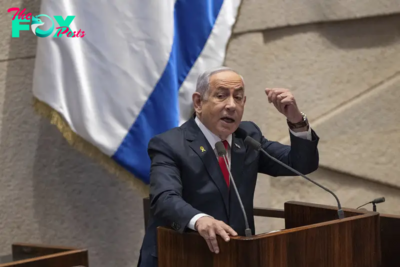World News
School Bullying Allegations Continue to Strike South Korean Celebrities
Two celebrities in South Korea have had their careers thrown into uncertainty this week over allegations of past school bullying—the latest wave in a yearslong movement to try to address a persistent problem of school violence and retroactively punish alleged former bullies that has gripped “Hallyu-wood” and the nation.
Jeon Jong-seo, a 29-year-old actor who achieved international fame in 2018 for starring in the critically acclaimed film Burning (and recently went viral after throwing the first pitch at a Los Angeles Dodgers exhibition Game in Seoul), has been hit with online accusations from those claiming to be her former high school peers that she had participated in school fights, stolen others’ uniforms, and cursed at fellow students more than a decade ago.
Jeon’s agency said in a statement Thursday that the allegations were “not true at all” and threatened legal action against people spreading the reputation-damaging rumors, adding that the news had caused “serious mental harm” to Jeon and those around her.
Similar rumors began swirling around another actor, 37-year-old Song Ha-yoon, earlier this week. Despite initially denying bullying allegations, which included hitting classmates, Song’s agency confirmed Tuesday that she had been expelled from her high school because of “school violence.”
Bullying accusations in recent years have ensnared over a dozen public figures in South Korea—from entertainers to politicians to athletes.
Last year, An Woo-jin, one of the country’s top baseball pitchers, was excluded from representing South Korea in an international tournament after claims emerged that he had assaulted his high school teaMMAtes. He was also de facto banned from the Olympics and the Asian Games amid a suspension by the Korea Baseball Softball Association.
In 2021, sisters and famed volleyball players Lee Jae-yeong and Lee Da-yeong were dropped from the national team and their club due to school bullying allegations; months later, they took their careers to a volleyball club in Greece.
And popular actor Ji Soo was practically purged from the Entertainment industry in 2021 as accusations emerged online that alleged he engaged in bullying in middle school and high school—including physically assaulting, and even sexually harassing, his schoolmates. Ji Soo apologized in response to the bullying allegations, though he took legal action against those spreading sexual harassment allegations, which he denies.
Even public figures who have not been accused of engaging directly in bullying have been sanctioned. Last year, senior prosecutor Jung Soon-shin’s appointment as chief of the National Office of Investigation was canceled by President Yoon Suk-yeol after reports emerged that Jung had defended his son when the latter was accused of verbally harassing a high school classmate.
Bullying, or school violence (Hakpok in Korean), which Yoon has vowed to combat, has taken center stage in public discourse in South Korea, where reports of such acts have surged over the last decade. A survey of college students in 2023 showed that 54% of respondents who had experienced school violence had considered suicide.
While authorities have toughened penalties for current school bullies and strengthened support for victims, questions over how and whether adults can be legally held accountable for their teenage misdeeds have led to little recourse for victims of past school violence but to go public.
A nationwide “Hakpok #MeToo” movement of naming and shaming former school bullies was further fueled by a popular 2022 Netflix K-drama revenge series, The Glory, which contained scenes inspired by real school bullying cases. (After an anonymous post accusing him of being a bully sparked widespread public anger, The Glory’s director, Ahn Gil-ho, admitted to physically assaulting other students while he was in high school; actor Kim Hieora was also plagued with similar allegations, which she denied, though she admitted that she was a bystander to bullying in middle school.)
The public generally holds an unforgiving attitude toward alleged bullies: according to a 2023 survey of South Koreans, 58% said that accused celebrities should put off public appearances until the allegation is verified, while 24% said that the accused celebrities should “cease all appearances immediately.”
Psychology experts have attributed bullying to South Korea’s collectivist culture, peer pressure, and the country’s notoriously cut-throat Education system. But the intense backlash against alleged former bullies—whether verified or not—has also sparked concern, with some social workers warning that the demands for retribution can resemble a form of bullying and likening the intense public scrutiny to a “witch hunt.”
“The idea of damaging the career of a bully is not seen as problematic,” Jihoon Kim, a criminologist at the University of Alabama, told the New York Times, “as they are seen as deserving it.”
-
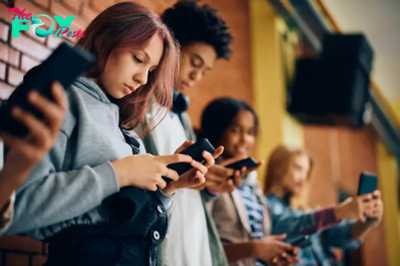
 World News2d ago
World News2d agoLandmark Bill to Ban Children From Social Media Introduced in Australia’s Parliament
-
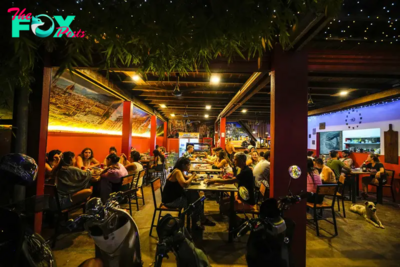
 World News2d ago
World News2d agoAmerican and Australian Tourists Die in Laos After Drinking Tainted Alcohol
-
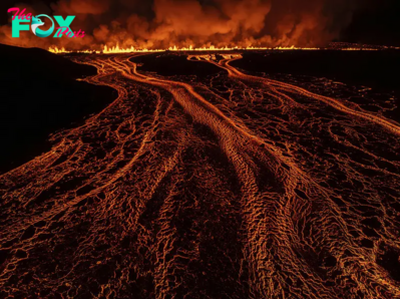
 World News3d ago
World News3d agoSee Photos of the Seventh Volcanic Eruption on Iceland’s Reykjanes Peninsula in 12 Months
-
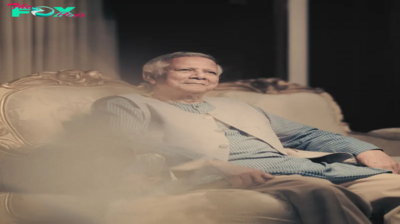
 World News3d ago
World News3d agoMuhammad Yunus on the Race to Build Bangladesh 2.0
-
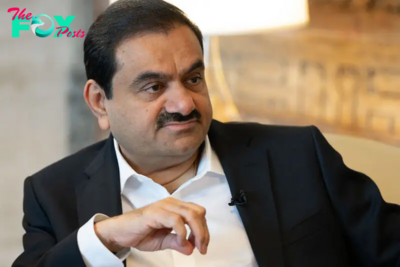
 World News3d ago
World News3d agoU.S. Charges Indian Billionaire Gautam Adani With Defrauding Investors
-
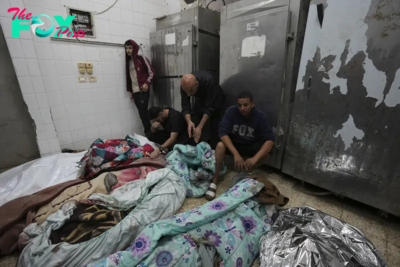
 World News3d ago
World News3d agoU.S. Vetoes U.N. Resolution Demanding a Cease-Fire in Gaza
-
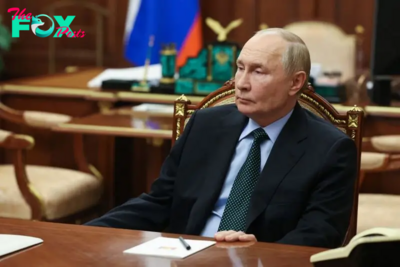
 World News3d ago
World News3d agoPutin Signs New Doctrine Lowering Nuclear Weapons Threshold in Warning to U.S.
-
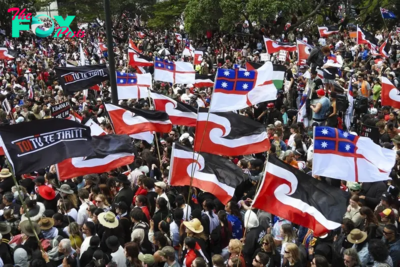
 World News3d ago
World News3d agoTens of Thousands Rally at New Zealand’s Parliament in Support of Māori Rights
